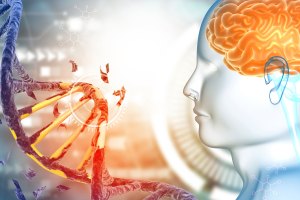Science & Tech
-

Rethinking — and reframing — superintelligence
Microsoft researcher says separating AI from people makes systems dangerous and unproductive
-
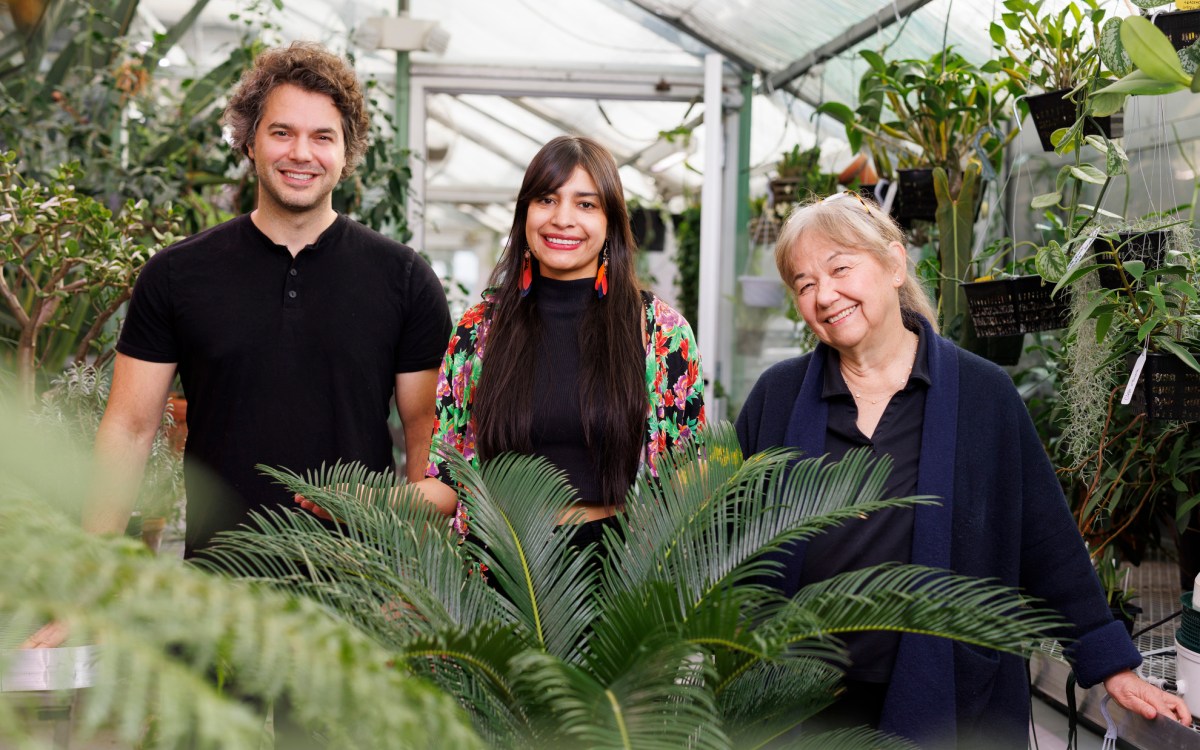
First, male gets heated up, then female, and then, you know
Study shows infrared radiation from plants serves as invitation to pollinating insects
-
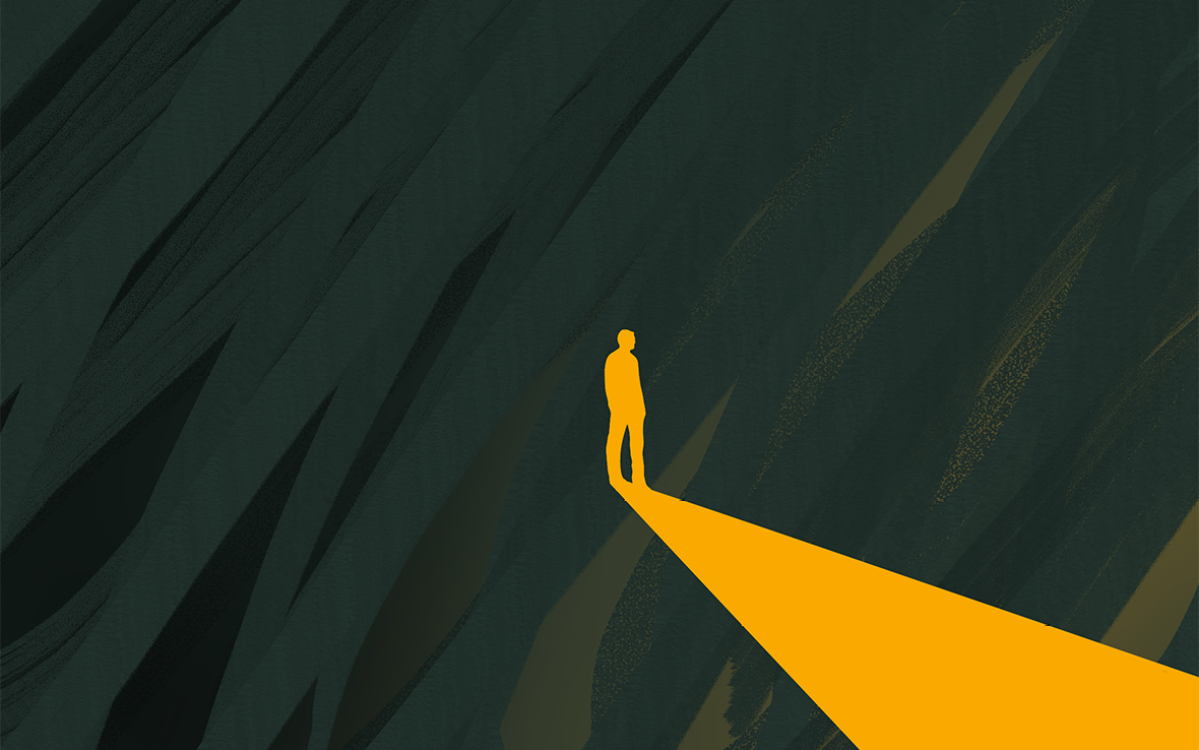
‘Consciousness’
What we know and don’t know about the life of your mind
-
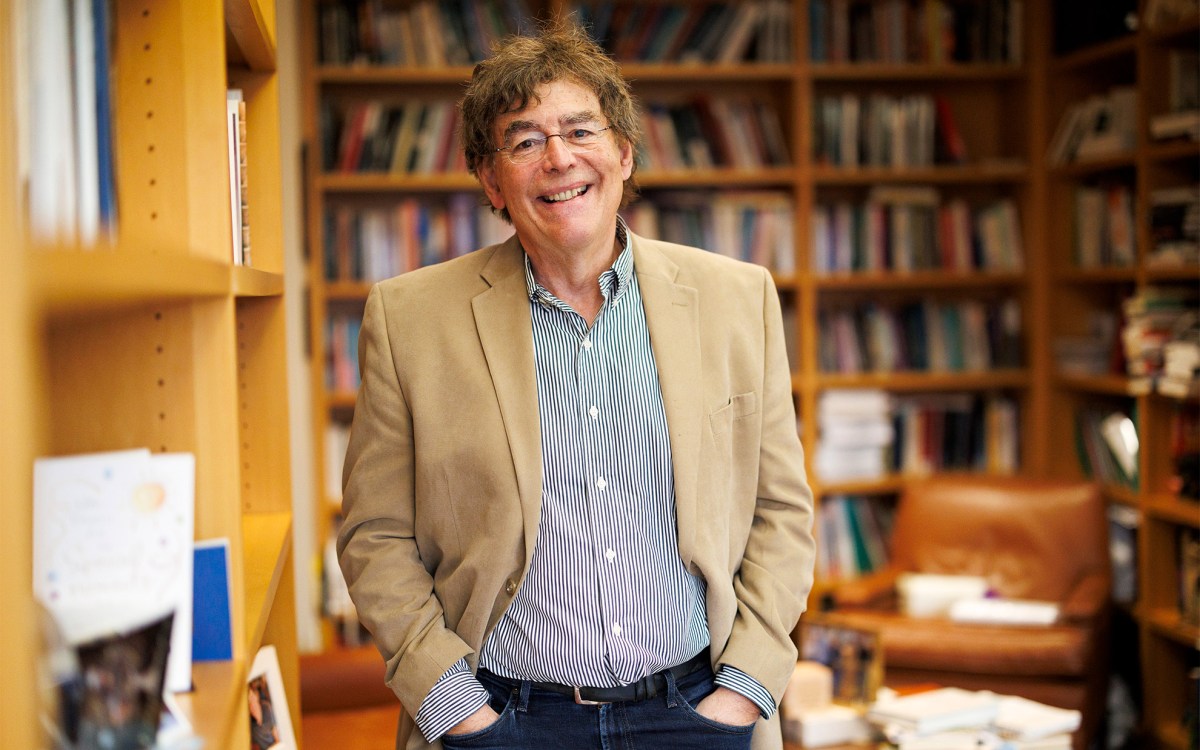
Science needs contrarians, and contrarians need support
Institute of Quantitative Social Science initiative tailored to researchers exploring provocative ideas
-

Cracking the code of why, when some choose to ‘self-handicap’
New research also offers hints for devising ways to stop students from creating obstacles to success

-
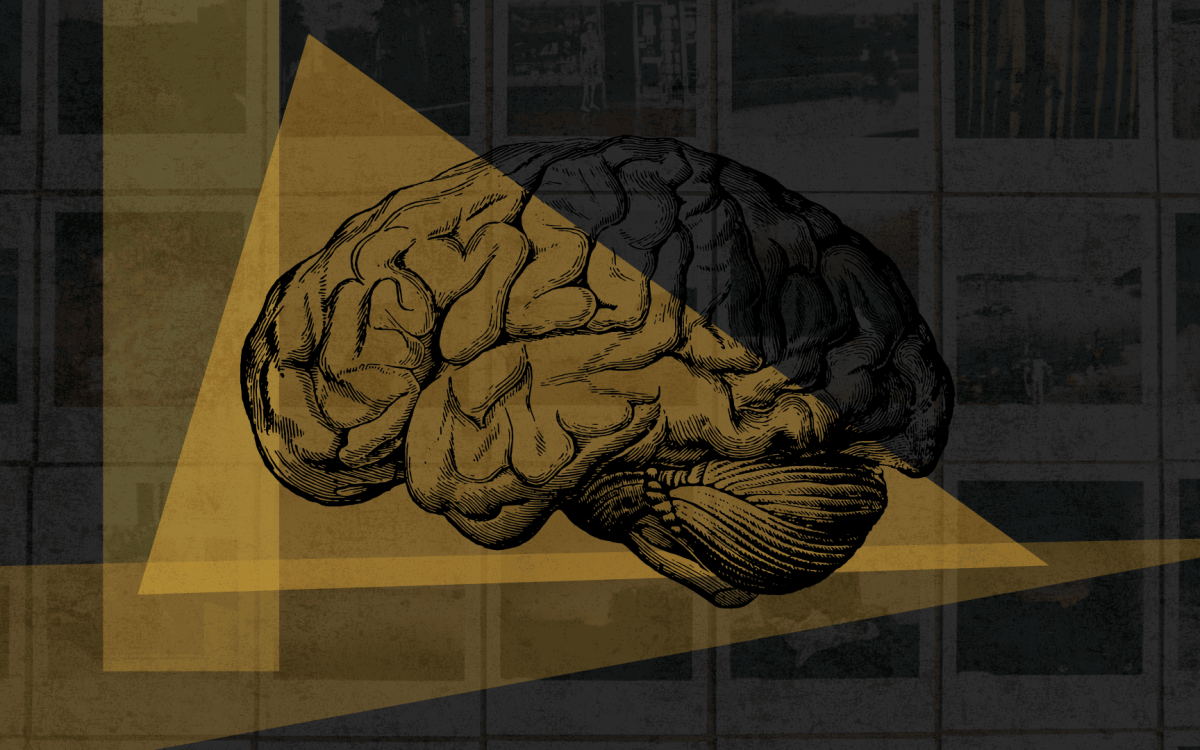
How memory works (and doesn’t)
In podcast, scientists explain why remembering is more reconstruction than replay
-
How the brain handles tools
A new study shows that, despite having no experience using tools with their hands, the brains of people born without hands represent tools and hands much the same as seen in the brains of people born with hands.

-
Feeling the impact of fracking
As a fellow at Radcliffe, environmental historian Conevery Bolton Valencius is investigating connections between fracking and earthquakes.

-
For IT Summit, a focus on innovation
The annual Harvard IT Summit at Sanders Theatre brought together professionals, key partners, and faculty for a day of programming and sessions to explore technology innovations and best practices in higher education.
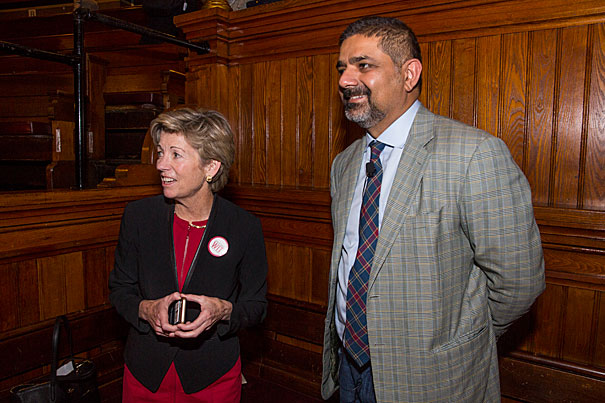
-
Scholars greet Paris exit as multifaceted mistake
Harvard experts look at different aspects of President Trump’s decision to withdraw the U.S. from the Paris climate agreement.

-
A house that produces energy
Harvard’s Ali Malkawi explains his efforts to create a house will be transformed into an energy-efficient headquarters and lab space for the Graduate School of Design’s Center for Green Buildings and Cities.
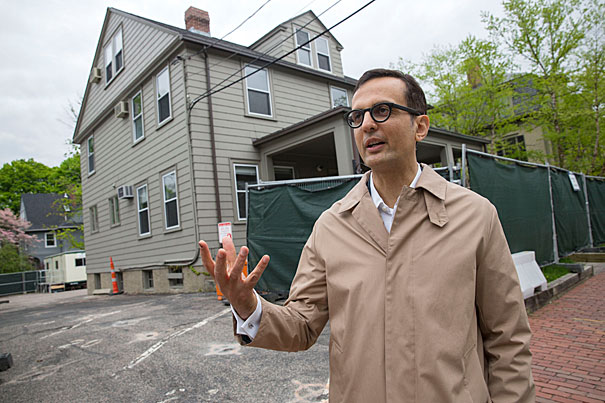
-
From drinking straws to robots
Inspired by arthropod insects and spiders, scientists George Whitesides and Alex Nemiroski have created a type of semi-soft robot capable of walking, using drinking straws, and inflatable tubing. The team was even able to create a robotic water strider capable of pushing itself along the water’s surface.
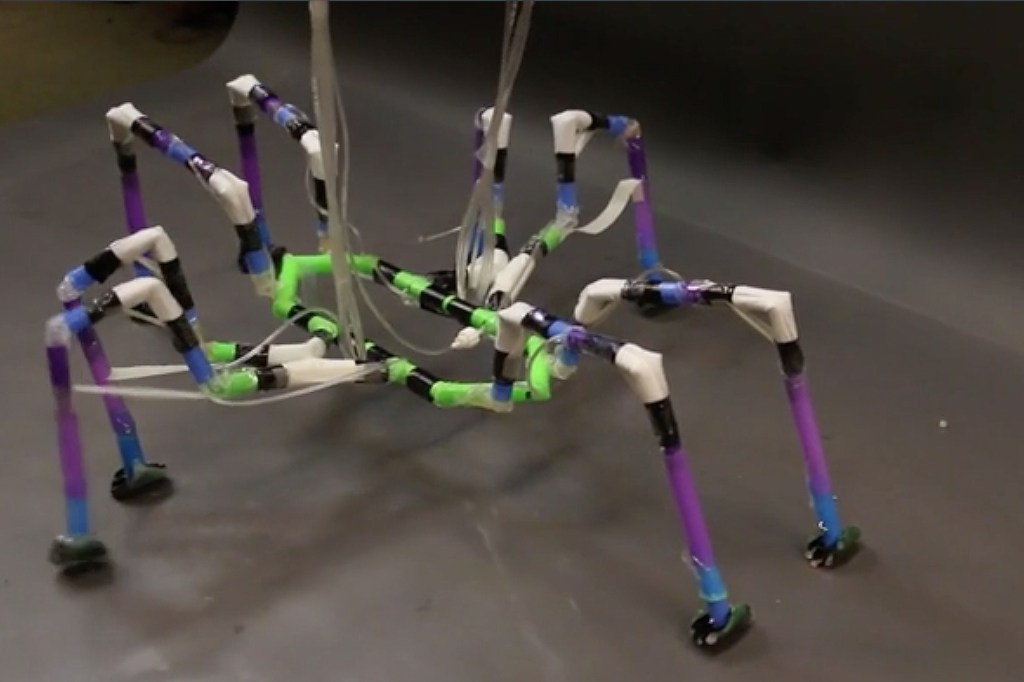
-
Midwest summer storms threaten ozone, study warns
Summer storms in the central U.S. create the same chemical reactions damaging ozone in the Arctic, warns a Harvard study calling for a closer look at the region’s UV radiation risk.

-
Will business fill the Paris void?
Q&A with HBS Professor George Serafeim on the response among corporate leaders to the U.S. exit from the Paris climate agreement.
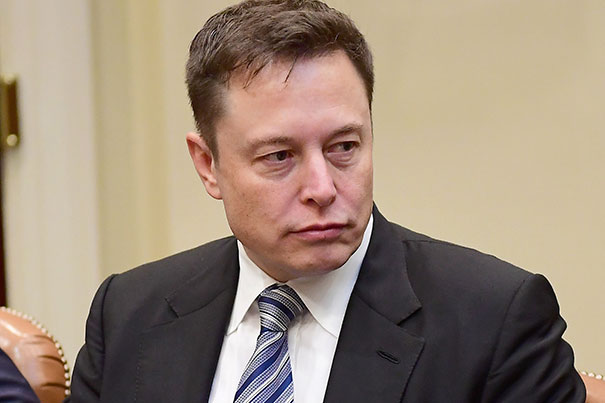
-
New robotic exosuit could push the limits of human performance
Harvard researchers have demonstrated that a tethered soft exosuit can bring those dreams of high performance closer to reality.
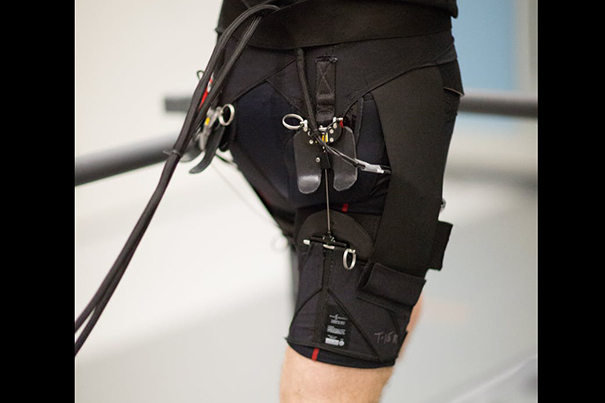
-
Figuring out superconductors
A team of physicists has taken a crucial step toward understanding superconductors by creating a quantum antiferromagnet from an ultracold gas of hundreds of lithium atoms.
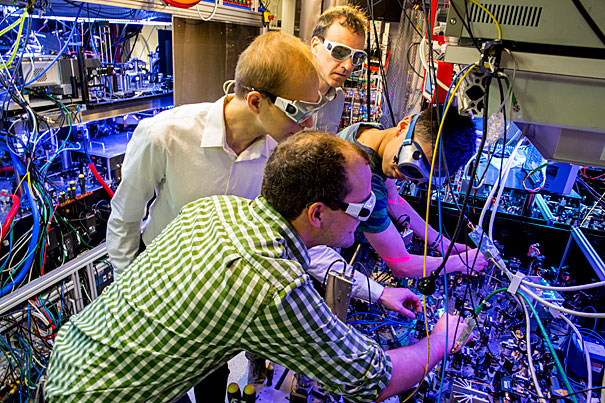
-
Probing the Black Death for lead pollution insights
The natural level of lead in the air is essentially zero, according to research backed by data from the 14th-century Black Death, when mining and smelting ceased.
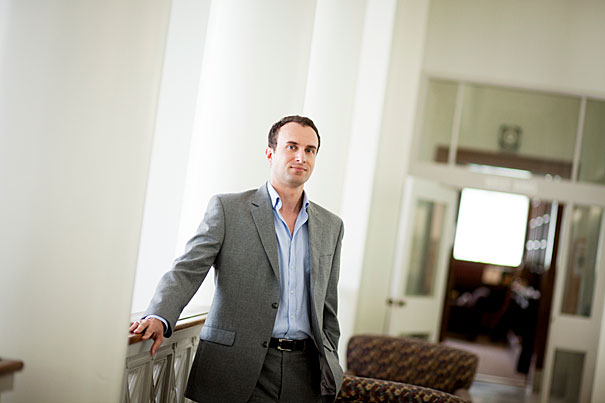
-
Human stem cells model the kidney’s filtration barrier
Researchers say their glomerulus-on-a-chip lined by human stem cell-derived kidney cells could help model patient-specific kidney diseases and guide therapeutic discovery.
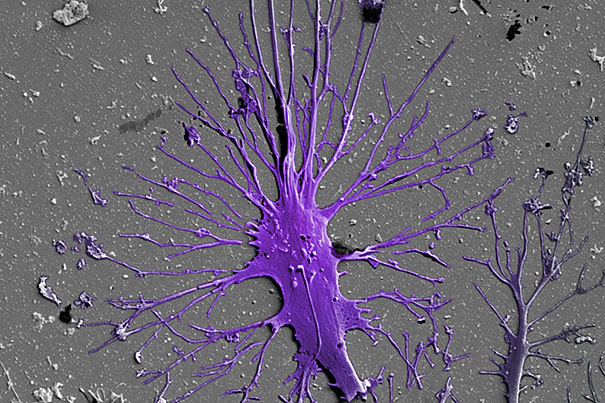
-
Sorrow, frustration, hope in opioid crisis
The Ed School and the Harvard Chan School brought together experts to discuss the nation’s opioid crisis in separate panel events.
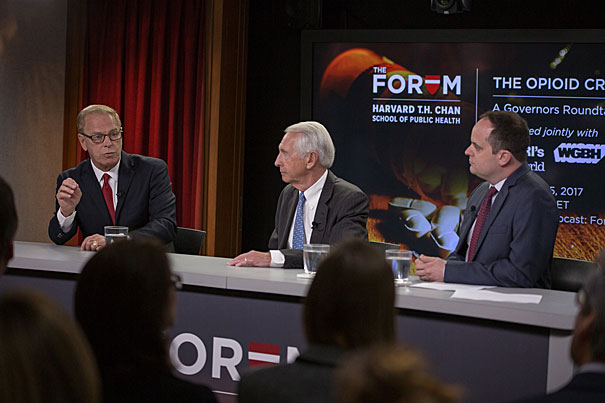
-
Drone’s-eye view
Researchers in recent years have begun applying the emerging technology of the drone aircraft to research efforts, and are now even using them to quickly create 3-D maps of ancient sites in Iraq’s Kurdistan region.
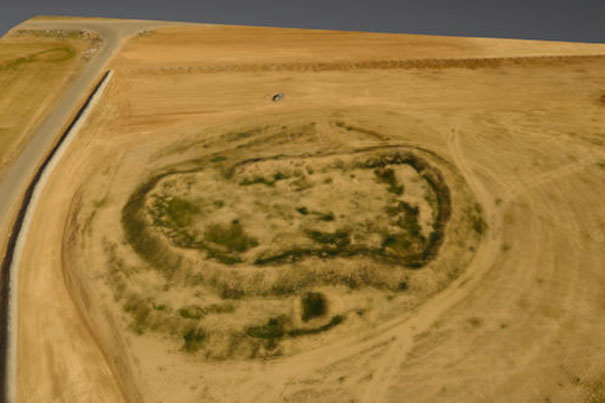
-
Me, steal? Impossible
New findings suggest a surprisingly common default in human behavior: the view that immoral actions are impossible.
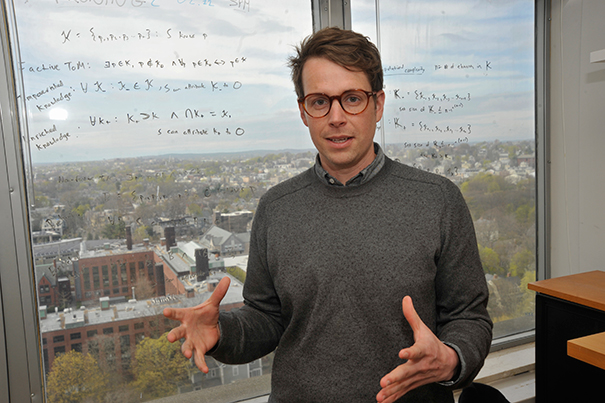
-
Five-minute warnings
The Harvard University Center for the Environment has produced 35 videos in which experts in various fields describe work related to climate change.
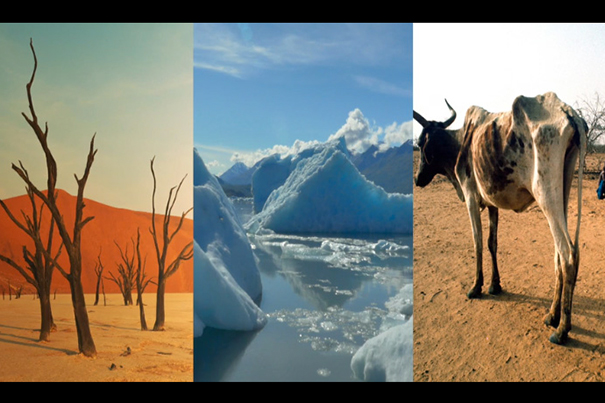
-
Pick climate or economics
To make a difference on climate change, author Naomi Klein says, government and business would have to shift their ways, and likely won’t.

-
Advice for scientists: ‘Be vocal’
Carlos Moedas, European Union Science Commissioner, spoke about the importance of science in the “post-truth” era in a visit to the Harvard Kennedy School.
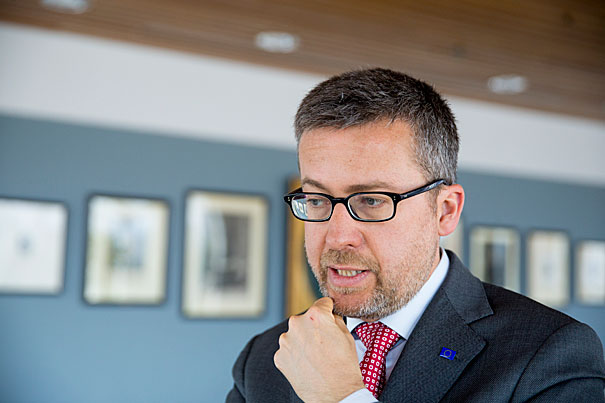
-
Light years ahead
Q&A with Dava Sobel, whose new book “The Glass Universe” explores pioneering work by female analysts at the Harvard College Observatory.
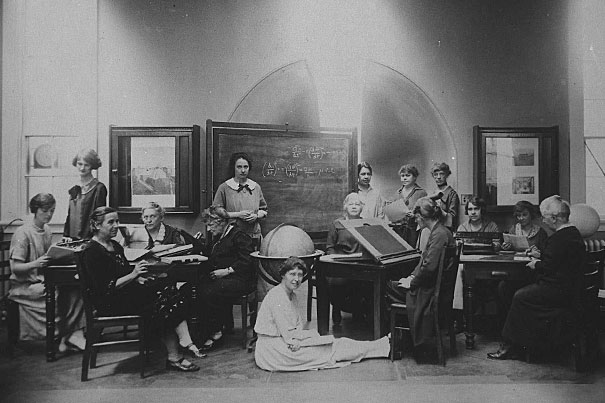
-
‘Make it new’ isn’t for everyone
New Harvard research examines the gap between stories we like to tell and stories we like to hear.

-
Bringing values, not just facts, to climate fight
Professor Naomi Oreskes wants scientists to make a stronger case for action on climate change.
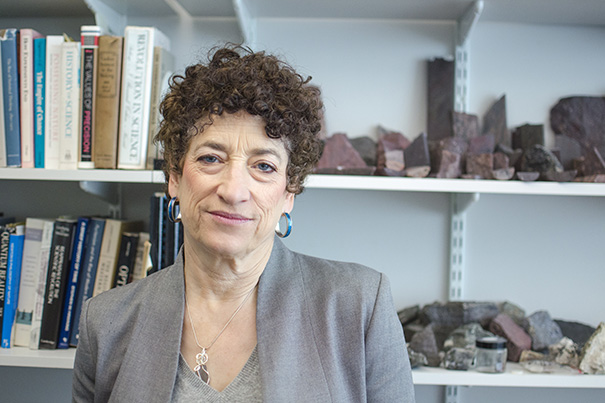
-
Where cooperation thrives
Harvard scientists helped develop an algorithm for predicting whether a social structure is likely to favor cooperation.
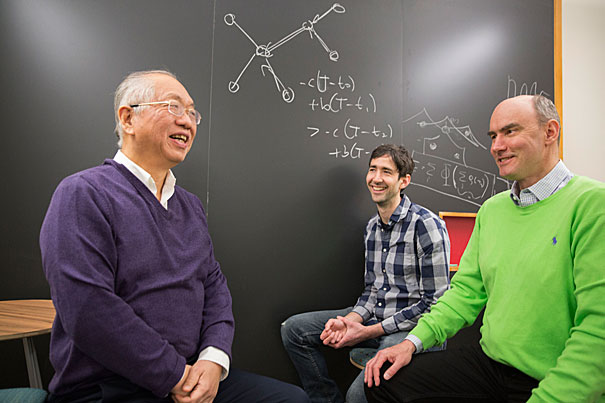
-
Harvard launches data science initiative
Harvard launches sweeping data science initiative, and names Francesca Dominici and David Parkes as co-directors.
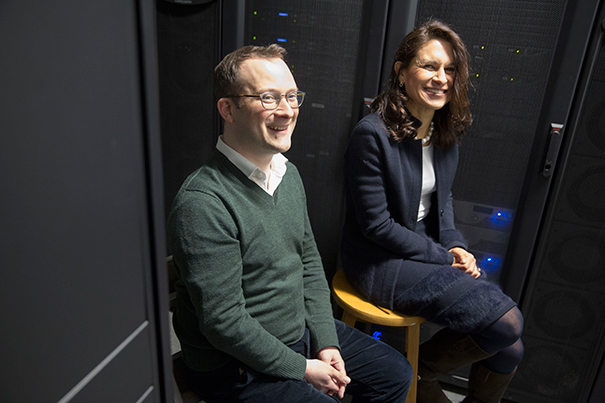
-
Using a smartphone to screen for male infertility
New findings indicate that a smartphone-based semen analyzer can identify abnormal semen samples based on sperm concentration and motility criteria with approximately 98 percent accuracy.
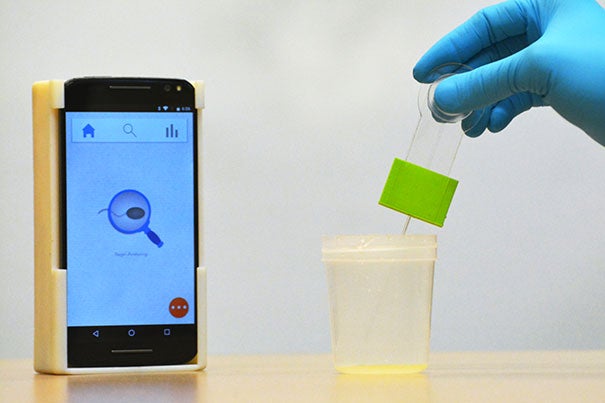
-
Creative path through Harvard Forest
David Buckley Borden, a Bullard Fellow at Harvard Forest, is using art to make a point about sustainability and conservation.
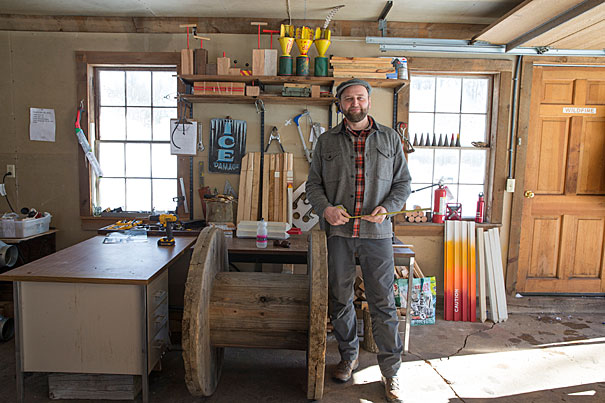
-
More money, same results
A new study led by Harvard Medical School and Harvard T.H. Chan School of Public Health researchers examines the impact of individual physicians’ spending patterns on patient outcomes.
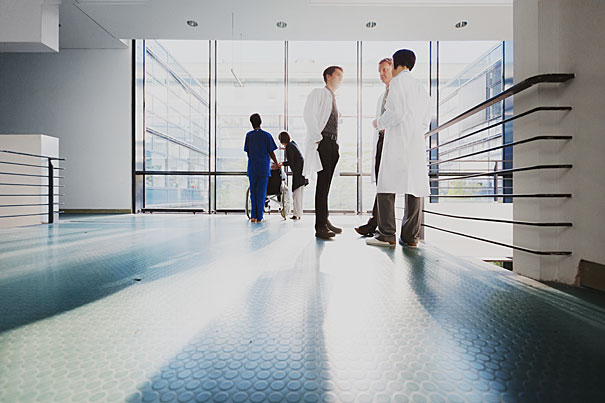
-
Robots, exoskeletons, and invisible planes
The Defense Advanced Research Projects Agency, or DARPA, is the rare government agency that is all about change, in this case endlessly improving technology that has military applications.
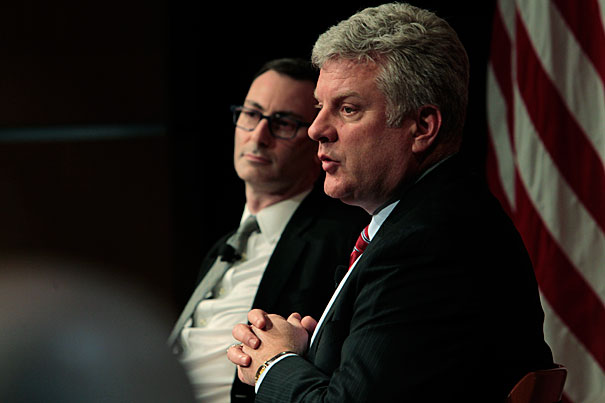
-
Why sing to baby? If you don’t, you’ll starve
A new study suggests that infant-directed song evolved as a way for parents to signal to children that their needs were being met, while leaving time for other tasks, like food foraging or caring for other offspring.
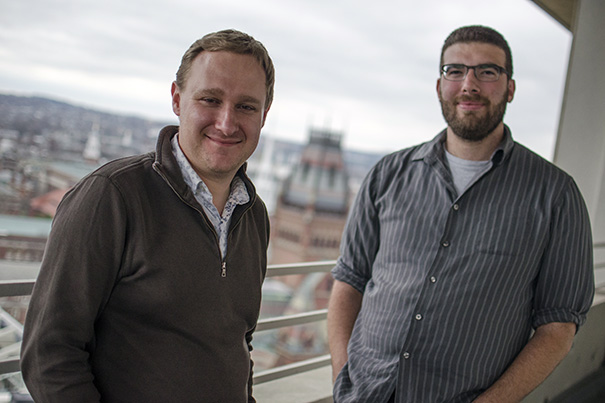
-
7 projects win funding for climate change solutions
Seven Harvard projects will share $1 million to help battle climate change across a range of academic boundaries.
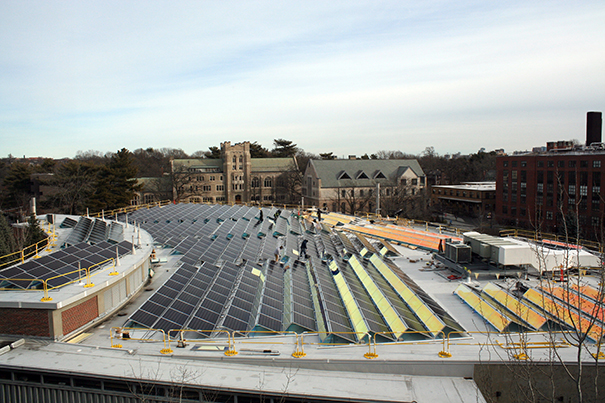
-
Making math more Lego-like
A trio of Harvard researchers has developed a new 3-D pictorial language for mathematics with potential as a tool across a wide spectrum, from pure math to physics.



